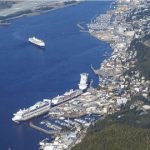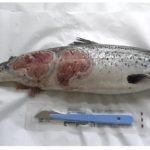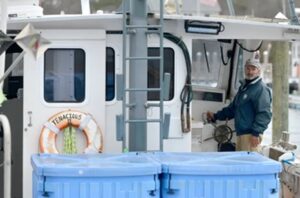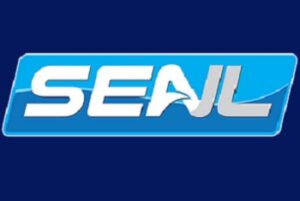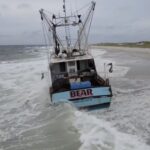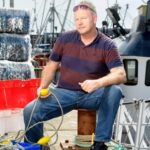Daily Archives: February 9, 2024
Commercial Cod Harvesters Opposed to Drastic Increases in Rec. Fishery
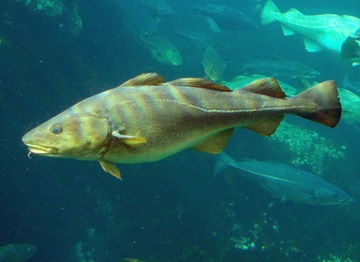 Commercial fish harvesters in Newfoundland and Labrador are calling for stricter monitoring of the recreational cod fishery in the province and assert that unaccounted for removals in the recreational fishery could threaten the conservation integrity of the stock. The petition to the federal government supported by Conservative MP Clifford Small is to more than double the number of days in the recreational fishery from 39 to roughly 90. Recreational removals are a significant source of uncertainty in DFO science and management and is blatantly contradictory to the Department’s mandate to monitor fish landings. more, >>click to read<< 14:04
Commercial fish harvesters in Newfoundland and Labrador are calling for stricter monitoring of the recreational cod fishery in the province and assert that unaccounted for removals in the recreational fishery could threaten the conservation integrity of the stock. The petition to the federal government supported by Conservative MP Clifford Small is to more than double the number of days in the recreational fishery from 39 to roughly 90. Recreational removals are a significant source of uncertainty in DFO science and management and is blatantly contradictory to the Department’s mandate to monitor fish landings. more, >>click to read<< 14:04

Baffling mystery of tragic trawler that sank killing 36 – as heartbroken families demand answers 50 years on
The fishing trawler Gaul went missing during a fierce storm in the Barents Sea half a century ago in what remains Britain’s worst trawler disaster. The families of the missing seamen from the Hull area endured an agonizing wait for news on the morning of February 9, 1974. The fact that it took 23-years to find the trawler fuelled speculation about the disaster which claimed so many lives. The families of the victims spent years trying to establish why the trawler sank. The Gaul sank during the height of the Cold War and it was common knowledge that the security services had used trawlers to carry out spying missions in the 1960s. Video, photos, more, >>click to read<< 11:22
Irish fishermen fury over ‘unbelievable and outrageous’ secret EU deal talks to give Iceland access to our waters
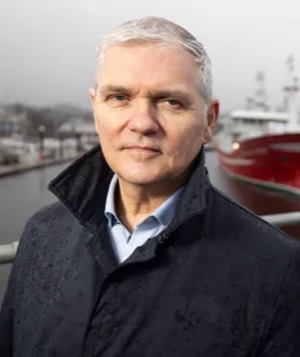 Irish fishermen are up in arms over secret EU talks to give Iceland access to our fishing waters. Our trawlermen are being allocated an extra 15 million Blue Whiting quota this year on condition that Icelandic crews can fish here. The Irish Government claims the talks are “informal” and nothing has been decided yet. But Aodh O’Donnell of the Irish Fish Producers Organisation (IFPO) blasted that they must fight for our fishing industry the way other EU member states do. “They are not an EU member. How is this a fair deal? “Are we getting to catch around 15 million of extra fish in Iceland or EU waters for this deal? No. more, >>click to read<< 19:21
Irish fishermen are up in arms over secret EU talks to give Iceland access to our fishing waters. Our trawlermen are being allocated an extra 15 million Blue Whiting quota this year on condition that Icelandic crews can fish here. The Irish Government claims the talks are “informal” and nothing has been decided yet. But Aodh O’Donnell of the Irish Fish Producers Organisation (IFPO) blasted that they must fight for our fishing industry the way other EU member states do. “They are not an EU member. How is this a fair deal? “Are we getting to catch around 15 million of extra fish in Iceland or EU waters for this deal? No. more, >>click to read<< 19:21
A report has concluded the sinking of a Cadgwith based fishing boat caused by extensive modifications
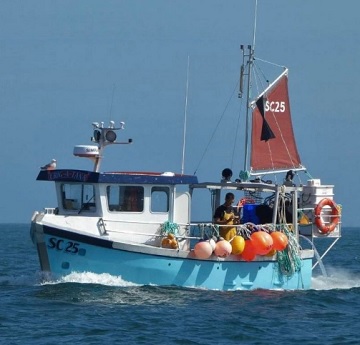 Skipper Brett Jose and crewman Callum Hardwick were rescued after an ordeal in which Mr Jose had to escape through the wheelhouse window as the 25 foot crabbed suddenly heeled over and capsized. Following the sinking in November 2022 a Crowdfunder was launched by the Cadgwith community to buy a new boat for the pair. The Crig-A-Tana had been fitted with a new wheelhouse, engine, safety kit and deck equipment with the help of Government grants but all had been approved by the Maritime and Coastguard Agency. photos, more, >>click to read<< 09:18
Skipper Brett Jose and crewman Callum Hardwick were rescued after an ordeal in which Mr Jose had to escape through the wheelhouse window as the 25 foot crabbed suddenly heeled over and capsized. Following the sinking in November 2022 a Crowdfunder was launched by the Cadgwith community to buy a new boat for the pair. The Crig-A-Tana had been fitted with a new wheelhouse, engine, safety kit and deck equipment with the help of Government grants but all had been approved by the Maritime and Coastguard Agency. photos, more, >>click to read<< 09:18
Alaska tribes, green group take aim at planned bottom-trawling study in northern Bering Sea
 Three tribal governments and an environmental organization on Thursday served notice to federal agencies that they are planning a lawsuit to block a fishing experiment along the seafloor in the northern Bering Sea. The practice of bottom trawling, sweeping a net to catch fish on or near the seabed, is currently prohibited in the Northern Bering Sea, which is abbreviated in legal documents as NBS. But the National Oceanic and Atmospheric Administration’s National Marine Fisheries Service is planning to deploy some commercial trawling gear in selected spots over the coming summers to see what impacts, if any, result to the habitat and the marine life dependent on it. The research project is called the Northern Bering Sea Effects of Trawling Study, or NBET. It is focused on specific areas north and south of St. Lawrence Island and would potentially simulate effects of commercial harvests. more, >>click to read<< 08:10
Three tribal governments and an environmental organization on Thursday served notice to federal agencies that they are planning a lawsuit to block a fishing experiment along the seafloor in the northern Bering Sea. The practice of bottom trawling, sweeping a net to catch fish on or near the seabed, is currently prohibited in the Northern Bering Sea, which is abbreviated in legal documents as NBS. But the National Oceanic and Atmospheric Administration’s National Marine Fisheries Service is planning to deploy some commercial trawling gear in selected spots over the coming summers to see what impacts, if any, result to the habitat and the marine life dependent on it. The research project is called the Northern Bering Sea Effects of Trawling Study, or NBET. It is focused on specific areas north and south of St. Lawrence Island and would potentially simulate effects of commercial harvests. more, >>click to read<< 08:10
The Plaintiffs in the Supreme Court’s Big Chevron Case Moonlight as Anti–Offshore Wind Activists
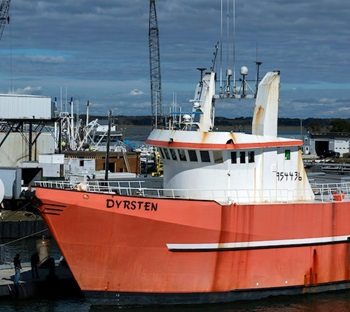 William Bright, Wayne Reichle, and Stefan Axelsson have a lot in common. They live in Southern New Jersey and run commercial fishing operations whose catch includes Atlantic herring, silvery little bottom-dwellers that feed on krill and fish larvae. They are plaintiffs in a Supreme Court case that could soon kneecap federal agencies’ ability to write and enforce regulations. And for the past few years, they’ve had a common adversary: offshore wind developers. Plaintiffs in one of the most closely watched cases this term participated in efforts to block two major renewables projects off the coast of New Jersey, Ocean Wind 1 and 2. The campaign against Ocean Wind 1 and 2 was aided by a network of conservative groups and corporate backers, who rejoiced when Danish energy firm Ørsted canceled both projects in November. Now, when the Supreme Court rules on Chevron this spring, these groups may have a much bigger win to celebrate. more, >>click to read<< 06:53
William Bright, Wayne Reichle, and Stefan Axelsson have a lot in common. They live in Southern New Jersey and run commercial fishing operations whose catch includes Atlantic herring, silvery little bottom-dwellers that feed on krill and fish larvae. They are plaintiffs in a Supreme Court case that could soon kneecap federal agencies’ ability to write and enforce regulations. And for the past few years, they’ve had a common adversary: offshore wind developers. Plaintiffs in one of the most closely watched cases this term participated in efforts to block two major renewables projects off the coast of New Jersey, Ocean Wind 1 and 2. The campaign against Ocean Wind 1 and 2 was aided by a network of conservative groups and corporate backers, who rejoiced when Danish energy firm Ørsted canceled both projects in November. Now, when the Supreme Court rules on Chevron this spring, these groups may have a much bigger win to celebrate. more, >>click to read<< 06:53


































